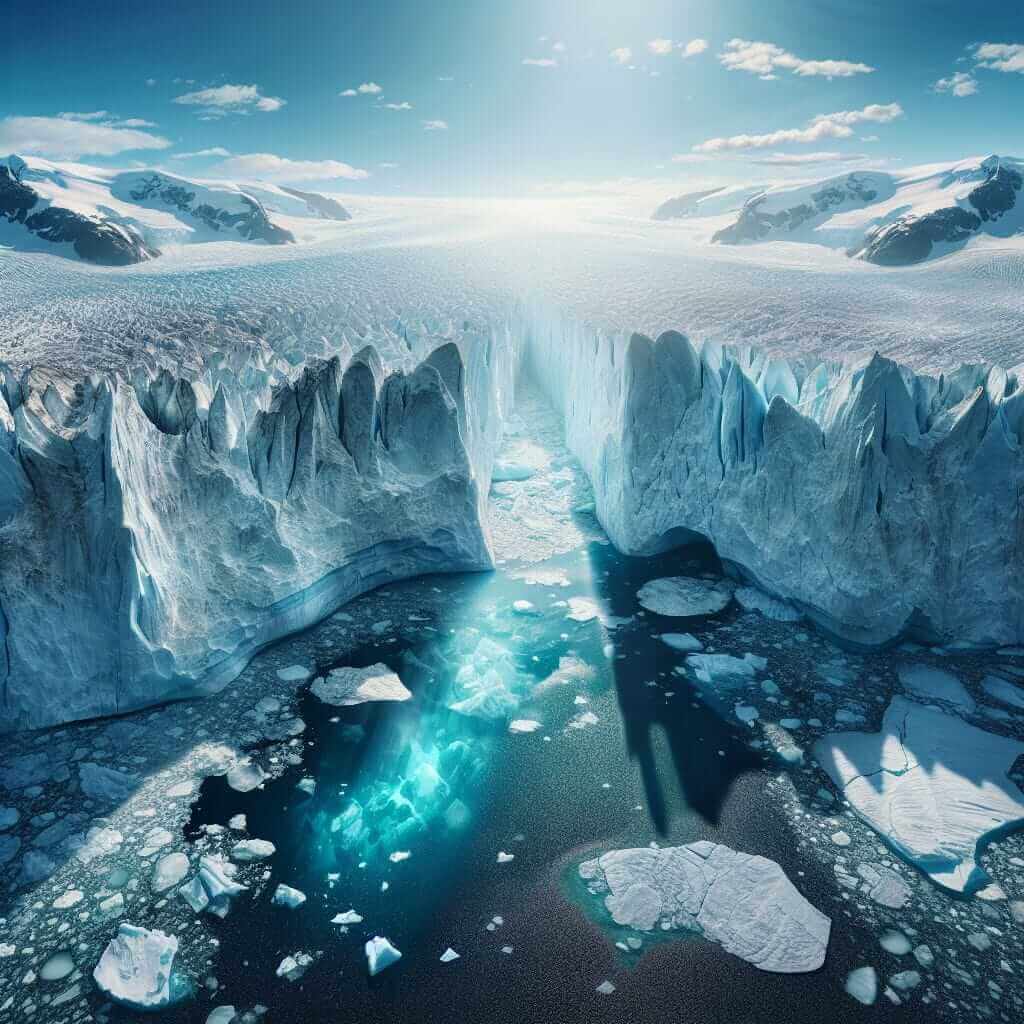The IELTS Reading section is designed to test a wide array of reading skills, including understanding main ideas, finding specific information, recognizing writers’ opinions, attitudes, and purposes, and following the arguments. One recurrent and highly relevant topic is “How is climate change affecting global ecosystems?” This subject not only aligns with contemporary global concerns but also appears frequently in IELTS reading passages. Preparing for such a topic increases your chances of encountering similar content on your test day.
Reading Practice Test: Climate Change and Global Ecosystems
In this section, we will provide you with a complete IELTS Reading test passage based on the aforementioned topic. We have selected a “Medium Text” format for this practice to align closely with the actual IELTS examination difficulty.
Reading Passage
Climate Change and Its Impact on Global Ecosystems
Climate change is having profound effects on ecosystems around the globe, putting numerous species at risk and altering the environment that organisms rely on. From melting polar ice caps to the deforestation of rainforests, the consequences of global warming are extensive and multifaceted. The Earth’s climatic system is intricately linked with ecosystems, influencing various aspects of life.

Melting Polar Ice Caps
The polar ice caps serve as a barometer for understanding the impact of climate change. Increased global temperatures have led to unprecedented melting rates, resulting in rising sea levels. This phenomenon has a cascading effect on polar ecosystems, affecting species such as polar bears, seals, and various marine birds. These animals rely on ice not only as a habitat but also as a platform for hunting and feeding.
Deforestation and Habitat Loss
Another critical impact of climate change is deforestation, particularly in tropical regions. Forests function as carbon sinks, absorbing significant amounts of CO2 from the atmosphere. However, increasing temperatures and changes in precipitation patterns have contributed to more frequent wildfires and deforestation. This results in habitat loss for countless species, including some that are not yet discovered by science, thus reducing biodiversity.
Ocean Acidification
Ocean acidification is a lesser-known but equally concerning aspect of climate change. The ocean absorbs about 30% of the CO2 emitted into the atmosphere, leading to higher acidity levels. This change severely impacts marine life, particularly coral reefs, which are sensitive to pH changes. Coral bleaching is becoming more common, affecting fish populations and the broader marine food web.
Altered Migration Patterns
Migration is another aspect of wildlife affected by climate change. Many species migrate seasonally, and these patterns are currently disrupted due to shifting temperatures and altered landscapes. Birds, for instance, are now migrating earlier or later than usual, which can affect their breeding success and the availability of food sources. This has a knock-on effect on the ecosystems they traverse and settle in.
Conclusion
In summary, the impact of climate change on global ecosystems is profound and multi-dimensional. From melting ice caps to deforestation, acidifying oceans, and disrupted migration patterns, the balance of life on Earth is under threat. Mitigation and adaptation strategies are essential to preserve biodiversity and protect the intricate web of life that sustains our planet.
Reading Comprehension Questions
Based on the passage above, answer the following questions:
Multiple Choice
-
Which of the following is NOT mentioned as an impact of climate change on ecosystems?
- A. Melting polar ice caps
- B. Increased tornado frequency
- C. Deforestation
- D. Ocean acidification
-
What is the primary purpose of the polar ice caps in the context of the passage?
- A. A measure for insurance claims
- B. An indicator of climate change effects
- C. A popular tourist destination
- D. A breeding ground for penguins
True/False/Not Given
- Polar bears are finding it easier to hunt because of the melting ice caps. (True/False/Not Given)
- Deforestation has led to the discovery of new species. (True/False/Not Given)
- Coral reefs are unaffected by ocean acidification. (True/False/Not Given)
Matching Information
- Match the subheading to the relevant paragraph:
- Melting Polar Ice Caps
- Deforestation and Habitat Loss
- Altered Migration Patterns
- Ocean Acidification
Answer Keys
- B
- B
- False
- Not Given
- False
-
- Melting Polar Ice Caps: Paragraph 2
- Deforestation and Habitat Loss: Paragraph 3
- Altered Migration Patterns: Paragraph 5
- Ocean Acidification: Paragraph 4
Common Mistakes to Avoid
When tackling IELTS Reading passages on topics like climate change, students often make the following errors:
- Misinterpreting Keywords: Ensure you understand the context before jumping to conclusions based on keywords.
- Skimming Without Understanding: While skimming is good for getting the gist, make sure to re-read complex sections for better comprehension.
- Ignoring Synonyms: The IELTS exam often paraphrases statements from the text in questions. Develop a habit of recognizing synonyms and related phrases.
Vocabulary for the Topic
Here are some critical vocabulary words from the reading passage:
- Profound (adj) /prəˈfaʊnd/: Having deep meaning or effect.
- Cascading (adj) /kæˈskeɪ.dɪŋ/: Falling or flowing like a waterfall.
- Habitat (n) /ˈhæb.ɪ.tæt/: The natural home or environment of an animal, plant, or other organisms.
- Biodiversity (n) /ˌbaɪ.oʊ.daɪˈvɜːr.sə.ti/: The variety of life in the world or in a particular habitat or ecosystem.
- Acidification (n) /əˌsɪd.ɪ.fɪˈkeɪ.ʃən/: The process of becoming acid or more acidic.
Grammar Points
The passage also included advanced grammar structures. For instance:
- Passive Voice: “The ocean absorbs about 30% of the CO2 emitted into the atmosphere.”
- Structure: [subject] + “is/are” + past participle (verb) + by [agent] (optional)
- Example: “The report was completed by the researcher.”
Recommendations for Improving Reading Skills
- Practice Regularly: Regular reading of diverse topics will enhance your ability to quickly understand and interpret passages.
- Expand Vocabulary: A broader vocabulary helps in understanding the text and answering related questions accurately.
- Understand Question Types: Familiarize yourself with the different types of questions you may encounter in the IELTS Reading section.
By focusing on these strategies and the practice provided, you can significantly increase your reading proficiency and your overall IELTS score. Good luck!